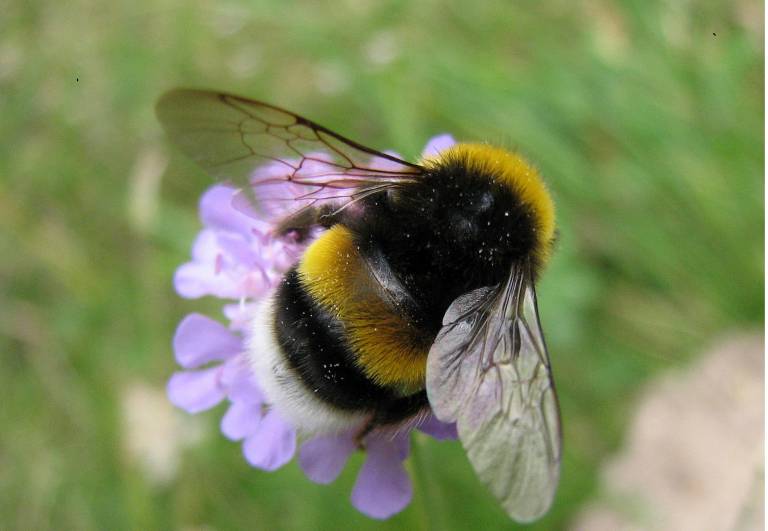Lunch Hour Lecture: The loss of bumblebees – why is it happening and why is it important?
11 February 2020, 1:00 pm–2:00 pm

This talk explores the severe decline of bumblebees using a ‘big data’ approach, making use of millions of sightings of bumblebees collected over the last 100 years.
Event Information
Open to
- All
Availability
- Yes
Organiser
-
Emma Hart
Location
-
Darwin Lecture Theatre (entrance via Malet Place)Darwin BuildingGower StLondonWC1E 6BTUnited Kingdom
Register to attend
Watch the live stream
About the lecture:
The severe decline of insects has made headlines recently, but it is still unknown exactly why these declines are happening . We have been trying to understand why bumblebees are being lost across many parts of Europe and North America. We use a ‘big data’ approach making use of millions of sightings of bumblebees collected over the last 100 years . We have found that bumblebee losses are linked to both climate change and habitat loss. Predictions for the future paint a worrying picture for bumblebees. We have also been exploring what the changes mean for pollination of important human food crops.
About the Speaker
Tim Newbold
Senior Research Fellow at Centre for Biodiversity and Environment Research, UCL
Tim Newbold is a senior research fellow in the Centre for Biodiversity and Environment Research, interested in how climate change and habitat loss are reshaping the world’s biodiversity, and what this means for human societies. My research mainly uses very big datasets and computational models to understand biodiversity changes, and to make predictions of what the future might hold. Before coming to UCL, I did an undergraduate degree and PhD at Nottingham University, and then 5 years of post-doctoral research at the World Conservation Monitoring Centre in Cambridge.
 Close
Close

